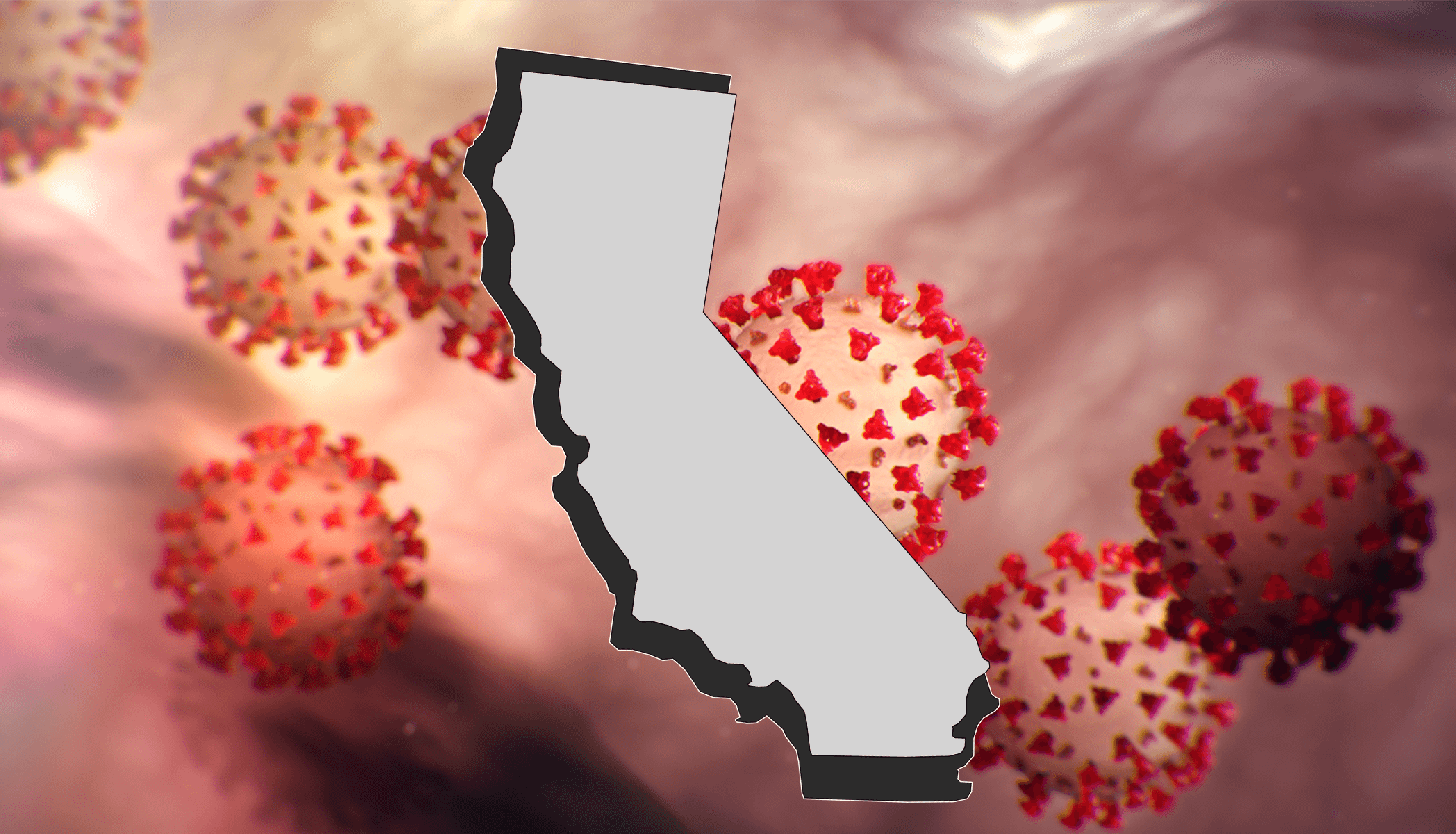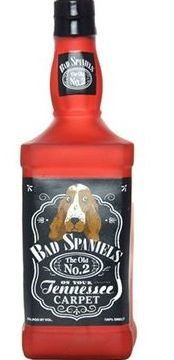5% of All Online Payments to go to COVID-19 Relief
Between now and April 30th, Cislo & Thomas will be waiving all credit card processing fees and donating 5% of all payments made through our online payment page (www.cislo.com/pay) to the LA Dream Center and the Union Rescue Mission.
Cislo & Thomas has supported both of these incredible organizations in the past and is thankful that they are currently working so hard on the front lines to assist those who have been directly affected by this pandemic by providing meals, care packages, and shelter.
If you are interested in donating directly to these great causes, you can do so here:

DREAM CENTER:
https://www.dreamcenter.org/donate/
UNION RESCUE MISSION:
https://urm.org/n/donate-8/
New Powers Afforded to USPTO and Register of Copyrights Amidst COVID-19
Takeaway: CARES Act affords USPTO and Register of Copyrights the ability to reduce the impact of COVID-19 on intellectual property owners.

On March 25, 2020, the U.S. Senate passed the Coronavirus Aid, Relief, and Economic Security (CARES) Act by unanimous consent. The CARES Act grants “emergency relief authority” to the USPTO Director and the Register of Copyrights for a limited amount of time amidst the global health crisis. The Act allows the USPTO Director the ability to temporarily “toll, waive, adjust, or modify, any timing deadline” to minimize the impact to businesses affected by the COVID-19 pandemic. The Act also grants the Register of Copyrights the ability to temporarily “toll, waive, adjust, or modify any timing provision” under copyright law. These new powers will aid in reducing the impact of COVID-19 on intellectual property owners.
In-line or Embedded Linking May Constitute Copyright Infringement
Takeaway: Website owners should use caution when in-line linking due to recent court case decisions.
In a noteworthy bit of case law that has recently appeared, several prominent district courts have held that in-line linking (or embedded linking) can constitute copyright infringement. Specifically the Southern District of New York and Northern District of California have so held. In-line linking is where the code for a web page points to the source of the image, video, or content and instructs a browser to retrieve the source image, video, or content.
Previously, in 2007, at least in the context of search engines, the Ninth Circuit in the Perfect 10 v. Amazon case held that in-line linking did not constitute copyright infringement. While this issue is going to need to be fleshed out with more court decisions, including at the appellate level, a narrow reading of the case raises concerns about limiting the very free sharing of information on the internet (because of the possibility of copyright infringement).
A broad reading of the Perfect 10 case would go beyond the realm of search engines to limit liability for copyright infringement in connection with in-line linking. This is an issue into which virtually any website owner that might use in-line linking should consider to ensure they are not committing copyright infringement.
California Force Majeure Clause Where Not Expressly Stated in Agreements
Takeaway: California’s Force Majeure Clause may provide an out during this COVID-19 pandemic.
California Civil Code Section 1511(2) may provide an out during the pandemic due to its unwritten force majeure clause. A force majeure clause is where the performance under an agreement is excused because of some unforseeable circumstances that prevent someone from fulfilling a contract. The pertinent section of the California Code states, “the want of performance of an obligation, or of an offer of performance, in whole or in part, or any delay therein, is excused by the following causes, to the extent to which they operate,” such as “when it is prevented or delayed by an irresistible, superhuman cause, or by the act of public enemies of this state or of the United States, unless the parties have expressly agreed to the contrary.” This may provide some recourse for individuals during the global health crisis due to COVID-19, even when their agreements do not have a written force majeure clause.
The U.S. Supreme Court Says States are Immune from Copyright Suits
Takeaway: States cannot be sued for Copyright infringement, unless they waive their immunity.
In deciding a lawsuit about a famous pirate shipwreck, the U.S. Supreme Court ruled that state governments are immune from copyright infringement suits. This case involved a renovated pirate ship owned by the state of North Carolina, and the state’s un-permitted publishing of copyrighted photos of the ship from a contracted photographer onto a state website. This ruling struck down a previous 1990 statute allowing copyright owners to sue states and did not shield them from immunity. This Supreme Court’s recent ruling in March disallows copyright owners to pursue enforcing their rights against state governments.
Ninth Circuit Finds No Trademark Infringement for Jack Daniels’ Whiskey Bottle-Shaped Dog Toy
Takeaway: After the Ninth Circuit’s recent opinion, brand owners may have their brands used by others for non-competitive purposes.
Just last month, the Ninth Circuit Court of Appeals held that a dog toy specially named “Bad Spaniels Silly Squeaker,” which resembles a Jack Daniels whiskey bottle, is shielded from infringing Jack Daniels Distillery’s trade dress due to the protections afforded by the First Amendment. The Ninth Circuit reversed a bench trial’s finding that the dog toy infringed and diluted Jack Daniels’ trade dress. The Ninth Circuit’s decision expands the scope for the First Amendment beyond mere expressive works and may risk exposing brand owners to third party non-competitive use of their brands.
Image Credit: www. law.com/therecorder/2020/03/31/9th-circuit-turns-back-jack-daniels-trademark-win-over-squeaky-toy/?slreturn=20200315173102
Cislo & Thomas LLP Spotlight
50% Off Attorneys’ Fees for COVID-19 Related Patent Application Filings
Until May 1st
Until May 1st, Cislo & Thomas is offering 50% off Attorneys’ Fees for COVID-19 related patent filings to help stimulate innovation and protection related to COVID-19 innovations.
In this critical time, there is no better opportunity to direct our focus towards innovation, creativity, and problem-solving. If we direct our ingenuity to this crisis, together we can improve how we respond to and solve this problem, as well as prevent it from growing or happening again.
If you have any COVID-19 related patent matters, please contact Christina Ewing at cewing@cislo.com to connect with a Cislo & Thomas patent attorney.
Enjoy keeping up with IP news?



